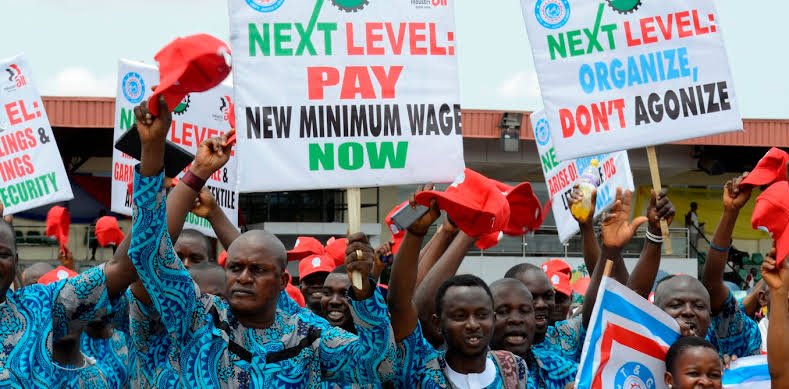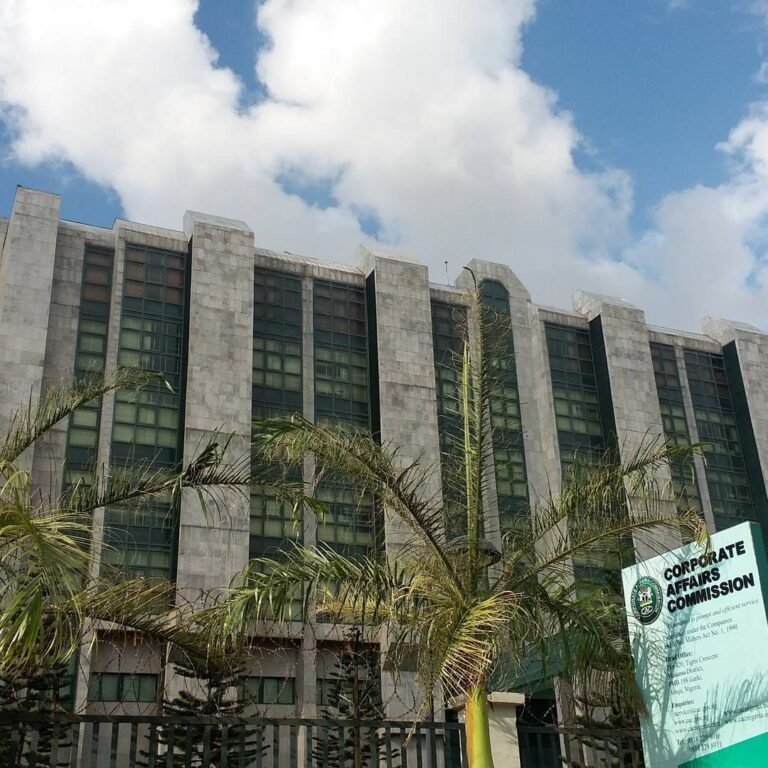This year, Nigeria’s labour unions secured a landmark victory: an increased minimum wage from N30,000 to N70,000. For a workforce grappling with economic hardship, this increment represents a beacon of hope. However, the broader economic context casts a shadow over this triumph. The wage increase, while significant, appears to offer little more than fleeting relief to workers ensnared in a cycle of inflation and scarcity. Worse still, it risks exacerbating the very issues it seeks to alleviate.
The challenges confronting Nigeria extend far beyond income. Food insecurity—rooted in systemic failures in agriculture, environmental degradation, and widespread insecurity—continues to plague the nation. Higher wages, while politically expedient, may provide only a temporary reprieve in an economy wracked by inflation. The National Bureau of Statistics reported that inflation climbed to 29.9 percent in January, up from 28.9 percent in December 2023. More alarming is the Central Bank’s disclosure that food inflation has surged above 37 percent over the past year. These figures mean the rising wages are quickly eroded by escalating costs, leaving workers little, if at all, better off.
Relationships between minimum wage increments and hunger are illuminated by several economic models. During inflationary surges, such as the one Nigeria currently endures, additional money in workers’ pockets often serves as a stopgap measure rather than a solution to underlying issues like food insecurity. Recent environmental disasters illustrate this point. From August to September, floods devastated Borno, Adamawa, and Yobe states, affecting over 500,000 people. According to the United Nations Office for the Coordination of Humanitarian Affairs, these floods displaced more than 400,000 residents, destroyed 17,000 homes, and obliterated over 9,000 hectares of farmland. Such catastrophic events disrupt agricultural productivity, displace farming communities, and deepen food shortages.
Data from the Food and Agriculture Organisation of the United Nations reveals agriculture accounts for nearly 23 percent of total global economic losses in this sector. Between 2008 and 2018, drought alone caused over 34 percent of crop and livestock production losses in low-income countries, resulting in economic damages exceeding $37 billion.
Nigeria’s agricultural sector’s susceptibility to natural disasters such as flooding and drought would continue to disrupt production and supply chain networks, thus resulting in more money and less value. This means that even if there’s capital to buy or produce more food, there’s no adequate infrastructure for production, preservation and transportation.
Compounding these environmental challenges is the persistent insecurity that plagues Nigeria’s rural areas. Banditry has turned fertile farmland into perilous no-go zones. Recent attacks in Niger claimed three lives and led to the abduction of two rice farmers. In Kaduna, bandits torched maize fields ready for harvest, leaving farmers destitute and farmland abandoned. Violence in rural areas cripples agricultural activities, and consequently halts or slows down food production.
As food insecurity lingers, more money into an economy already constrained by a limited supply of goods and services—like the minimum wage increment—inevitably exacerbates inflation. When food production is inadequate and distribution systems are inefficient, the imbalance drives up prices, nullifying the intended benefits of higher wages. Since the cost of living continues to outpace income growth, the purchasing power of workers remains stagnant, if not diminished.
In an interview with The Conversation, economics professor Stephen Onyeiwu raised a concern, arguing that Nigeria needs to deflate the economy, not raise its minimum wage. The new minimum wage, which doubles the previous one, still “traps workers in a cycle of poverty if a multidimensional measure of poverty is used—one that considers income and access to health, education and living standard indicators,” he noted.
The labour union’s victory, though significant, points to the limits of piecemeal solutions in addressing Nigeria’s multifaceted crises. Without comprehensive economic and structural reforms, wage increases will remain a hollow gesture, offering momentary solace but no lasting relief. The true measure of progress lies not in nominal wage increments but in creating an environment where workers can thrive free from the shackles of inflation and scarcity.
Oluwaferanmi Bello is the President of Association of Potential Broadcasters, a campus-based multimedia news outlet; a 2024 Scholar of John Galt School Nigeria and Brand Ambassador of Cowrywise. He is a 2024 Journalism for Liberty Fellow at the Liberalist Centre.













